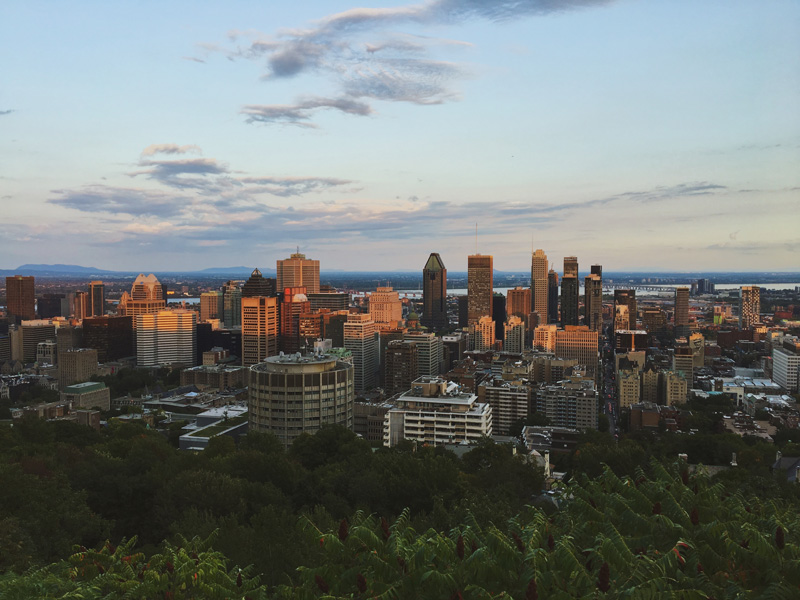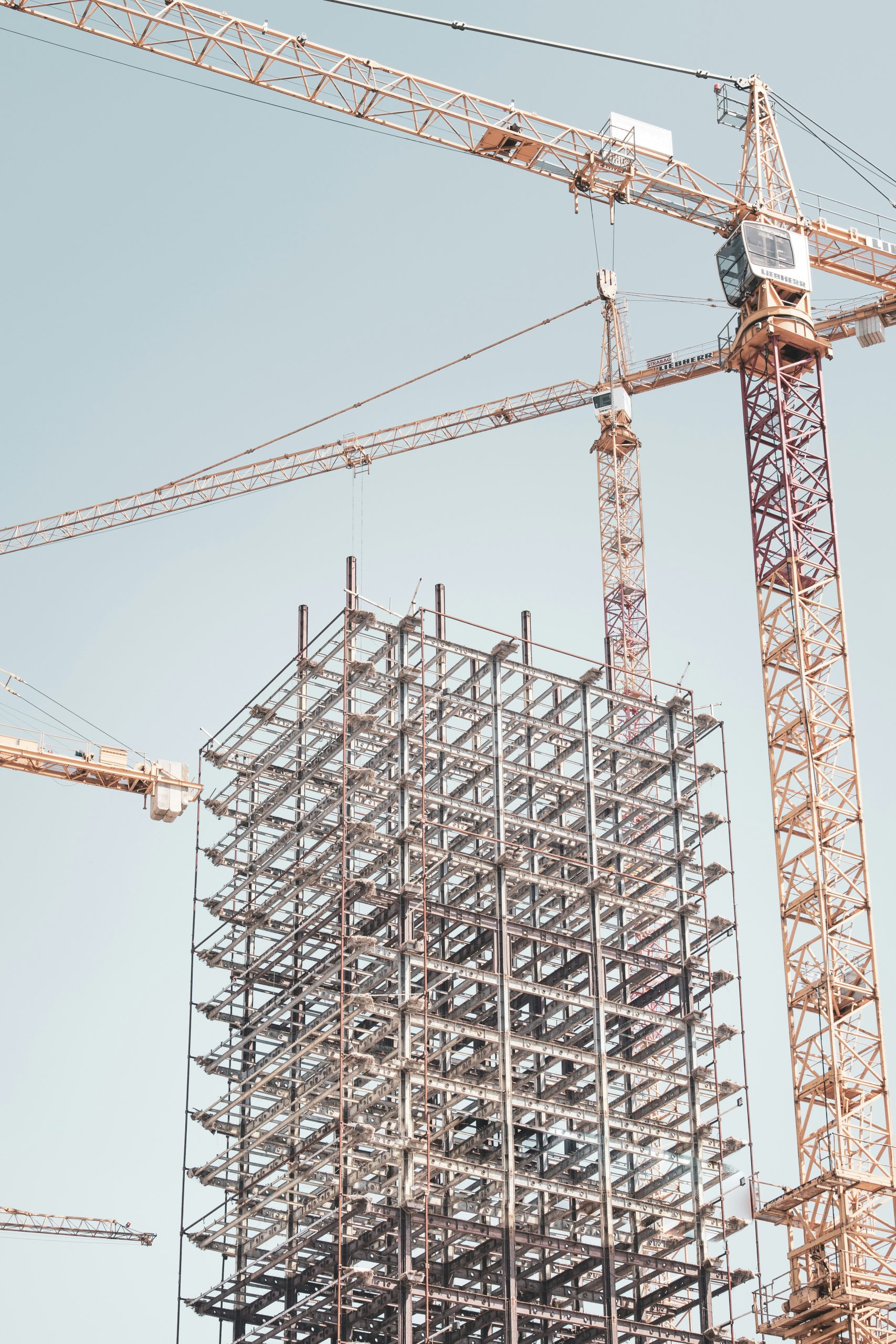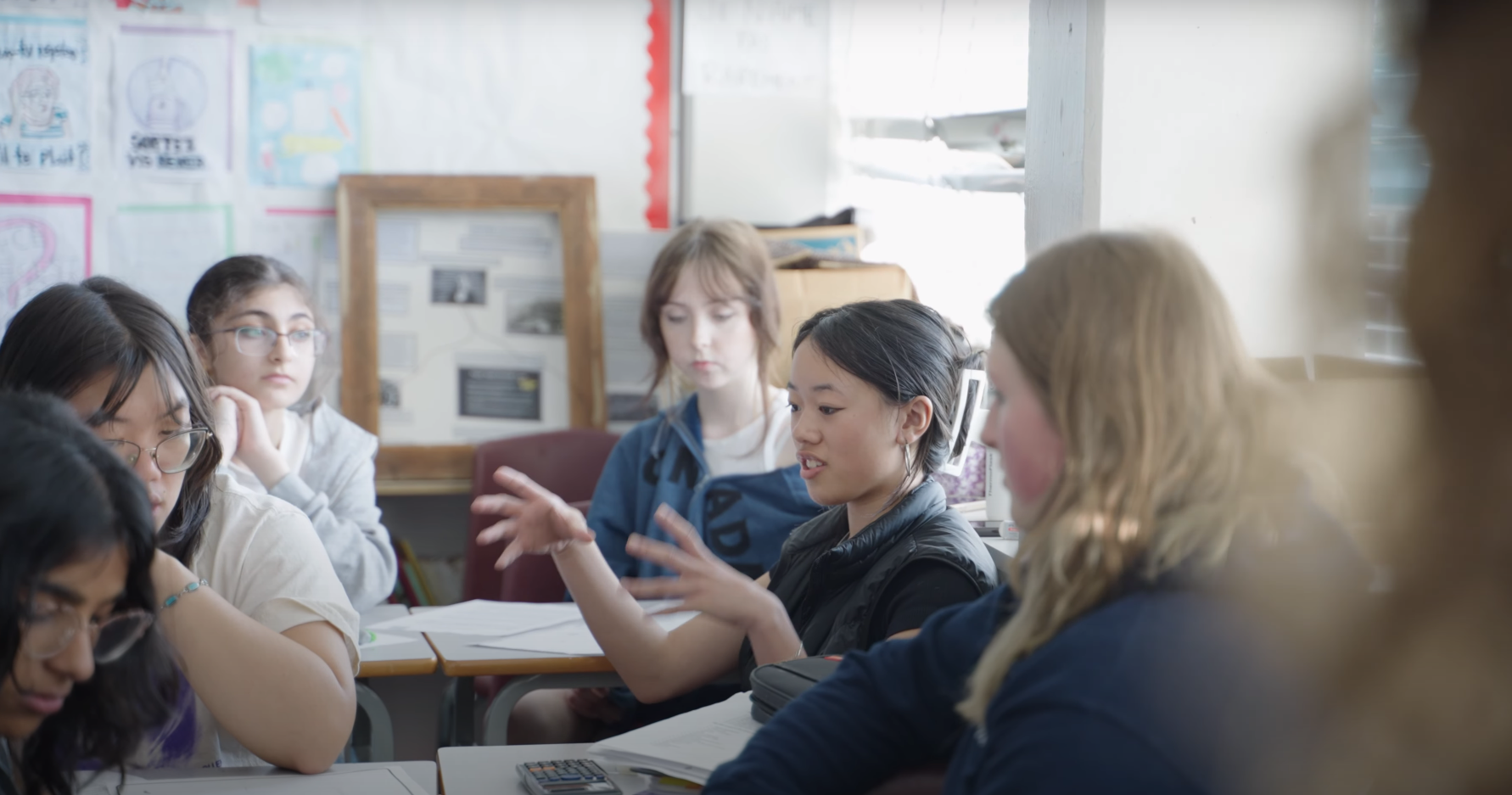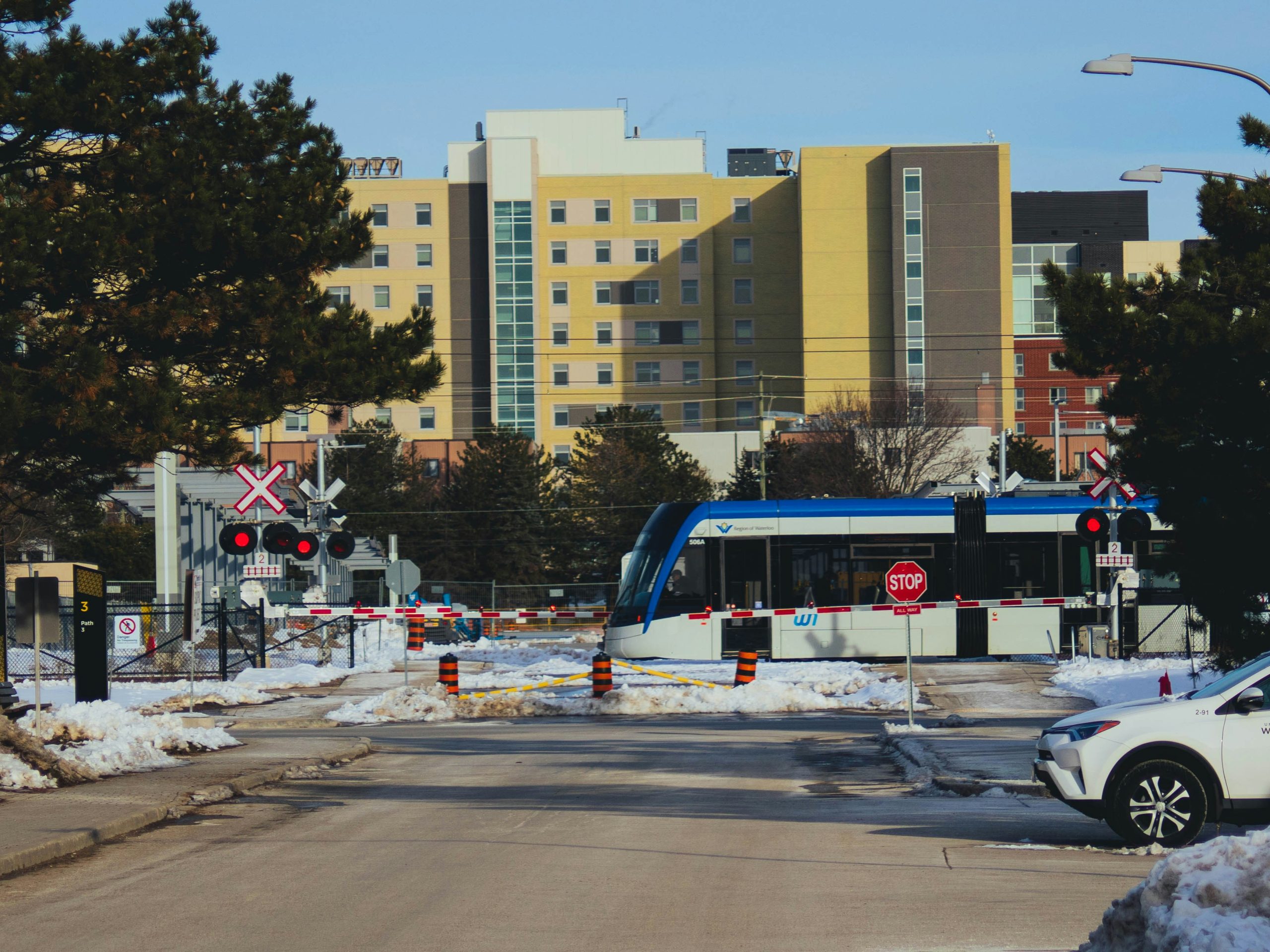Featured Guest
You’ll find this guest among our growing roll of Urban Champions.
-
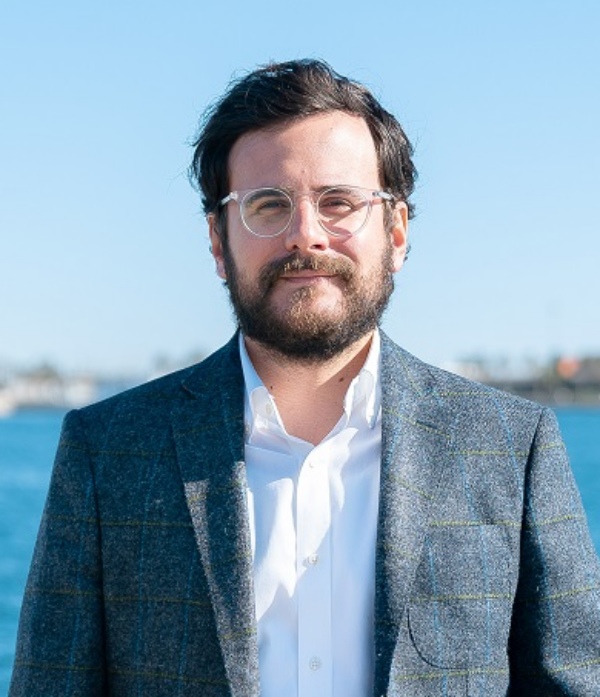
Ramon Marrades
Director, Placemaking Europe
-
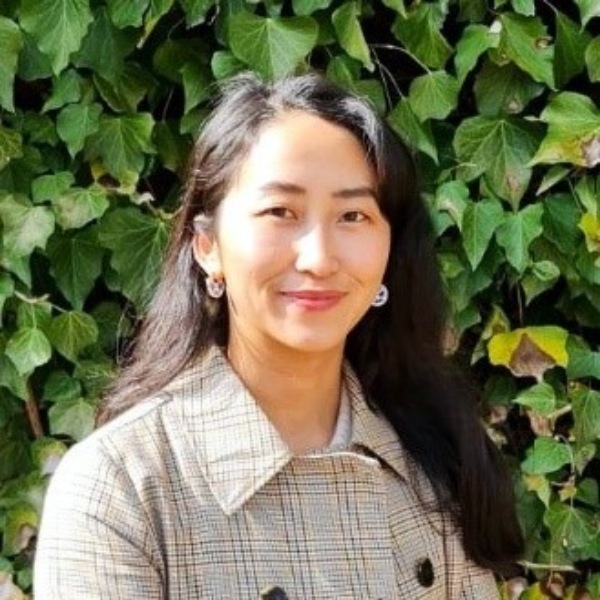
Lhazin Nedup
Planning Consultant, Urban Platform
-
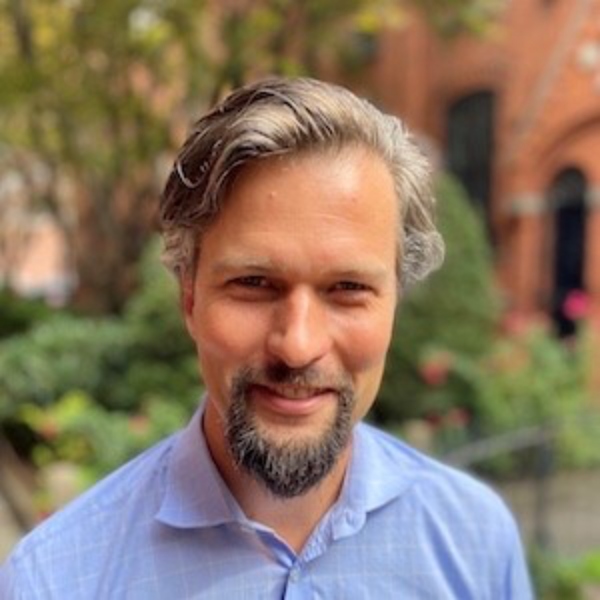
Ethan Kent
Executive Director, PlacemakingX
-
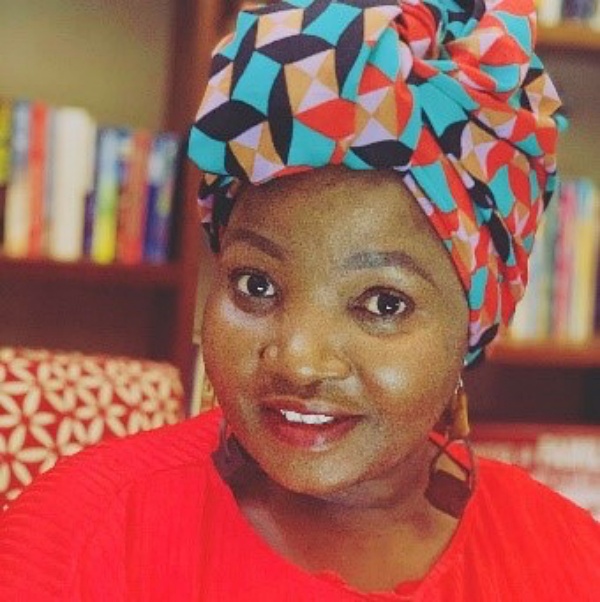
Ayanda Roji
General Manager: Corporate Research, Policy and Knowledge Management, Johannesburg City Parks
5 Key
Takeaways
A roundup of the most compelling ideas, themes and quotes from this candid conversation
1. Reclaim the streets and build public space from the grassroots
City-builders in a post-COVID pandemic world need to recognize the vulnerability of coming back into public spaces, connecting with people, and falling back in love with the city, says Ethen Kent, Executive Director at PlacemakingX. Ethan reiterates the importance of building public spaces from the grassroots up, centered around existing communities and neighbourhoods. In New York City (NYC), individuals committed to the city long-term have remained. They are organizing themselves and reclaiming the streets, sidewalks, and other public spaces. Local neighbourhoods continue to be resilient during the recovery process, they see the importance of shared wealth, the connections to public spaces, economic success, and social outcomes. Placemaking is about building spaces where people can support each other and recruit their collective empathy. Ethan concludes saying that ‘The gated communities fail to appreciate shared wealth and local identity, and that is a bankrupt way of living’.
2. Informal workers and youth need support in the public realm
In South Africa, they are getting youth involved in civic discussions by using Minecraft (a creative video game). Young people are needed to tackle wicked problems cities face, deserving special recognition in placemaking realm. They are integral when building a future, one they will one-day inherit. So young people expressed their needs, specifically noting their need for ‘chilling space’ and an information wall outlining available jobs and programs. Ayanda Roji, General Manager of Corporate Research, Policy and Knowledge Management at Johannesburg City Parks reinforces the notion that informality is good. In South Africa, Sidewalks Food Gardens initiative is transforming street corners into food gardens. Similarly, other cities like Banjul in Gambia and Dire Dawa in Ethiopia are reorganizing their markets, converting their streets, and reducing car lanes to accommodate informal workers or informal trade and vending. These placemaking spaces are locally driven to focus on the needs of informal workers.
3. Placemaking initiatives build social resilience and contribute to economic development
Lhazin Nedup, Planning Consultant at Urban Platform gives us a snapshot into Bhutan’s placemaking initiatives that have significantly improved the country’s resiliency amid the COVID-19 pandemic. According to Lhazin, the De-Suung or ‘Guardians of Peace’ Program was built [at the start of the pandemic] in the spirit of volunteerism, community service and civic responsibility. The program invites residents to undergo training on a voluntary basis so they can respond to emergencies. The COVID-19 pandemic increased the number of participants or ‘Desuups’ in the program with approximately 22,000 residents across Bhutan getting involved. The Desuups were essential in building space in the city as they worked on water projects and construction sites. Another initiative happening in Bhutan is called The Trans Bhutan Trail. This initiative plans to revive a 500-kilometer cross-country trail that spreads across 9 of 20 districts in Bhutan. This placemaking project will strengthen people’s connection to place, preserve history and stimulate economic growth in the form of tourism. Bhutan will rely on tourists to generate revenue and funds to maintain public infrastructure. We can see how placemaking can also be an economic development tool. Lhazin described these examples of great placemaking because they are about “…creating communities that have the greater capacity to self-organize, to pilot their ideas, to express outreach and solidarity”. She quoted urbanist Fred Kent who said ‘True #placemaking is not about creating great places, rather it’s about creating great communities’.
4. Without great public spaces, the magic of a city is lost
“Nowadays doctors are not falling in love with dancers because they are not seeing each other”. Ramon Marrades, Director at Placemaking Europe said poetically about the problem of gated community. “Private communities are depriving people of many possibilities.” Ramon also reiterates the importance of a broad social mix and opening our cities to migrants, international students, and diverse groups of people so they can find prosperity and then, in turn make our cities vibrant and prosperous. Diversity in public space is vital for economic development. The City of Barcelona is launching an online initiative called After COVID City Public Space for Recovery to understand the role of places and people in the recovery process. Cities must invest in people and that also means investing in more inclusive, accessible public spaces.
5. Canada sees great value in transforming public spaces in response to COVID-19 pandemic
Placemaking initiatives can help build resiliency and equity in our communities. The COVID-19 pandemic has given us an opportunity to rethink, reimagine and transform public spaces. We need to put individual health and well-being at the forefront. Canada’s Healthy Communities Initiative is dedicated to helping community organizations who wish to help create safe and vibrant public spaces, improve mobility options, and provide innovative digital solutions. The initiative encourages communities across Canada to create physical or digital public spaces that are resilient, equitable, and inclusive so they can provide their communities strength during the pandemic recovery period.
Full Panel
Transcript
Note to readers: This video session was transcribed using auto-transcribing software. Manual editing was undertaken in an effort to improve readability and clarity. Questions or concerns with the transcription can be directed to events@canurb.org with “transcription” in the subject line.
Full Audience
Chatroom Transcript
Note to reader: Chat comments have been edited for ease of readability. The text has not been edited for spelling or grammar. For questions or concerns, please contact events@canurb.org with “Chat Comments” in the subject lin
From Canadian Urban Institute: You can find transcripts and recordings of today’s and all our webinars at https://canurb.org/citytalk
00:33:38 Abigail Slater (she/her): Hello from Tkaranto. So nice to have you back.
00:34:05 Canadian Urban Institute: Welcome! Folks, please change your chat settings to “all panelists and attendees” so everyone can see your comments.
00:34:15 Canadian Urban Institute: Attendees: where are you tuning in from today?
00:34:25 John Surico: NYC!
00:34:55 Paula Gallo: Toronto
00:34:55 David Vivian: Montreal 🙂
00:34:58 TJ Maguire: Hello from Peggy’s Cove!
00:35:04 Maria Alonso Novo: Madrid 🙂
00:35:18 Purshottama Reddy: Hello, Everyone. P S Reddy from Durban, South Africa.
00:35:21 Maliga Naidoo: Durban, South Africa
00:35:49 Lexie Leggat: Halifax, Nova Scotia. Home of the Mi’kmaw
00:35:50 Maliga Naidoo: Hello Prof Reddy 😁🙌
00:35:54 alex Sasayama: Buenos Dias from Los Angeles, California, occupied land of the Gabrieliño-Tongva people.
00:36:06 Sarah Manteuffel: Hello from Winnipeg – Treaty One Territory on the original lands of Anishinaabeg, Cree, Oji-Cree, Dakota and Dene peoples, and the homeland of the Métis Nation.
00:36:13 Diana Gunstone: Squamish, BC
00:36:15 Chelsea Whitty: Traditional territory of Treaty 6 (Edmonton)
00:38:09 Esha Biddanda Pavan: Hello from Toronto! Just moved here from India. Loving it so far.
00:38:22 Alex Smith: Happy to join in from Eastern Passage, Nova Scotia. Cheers
00:38:51 Canadian Urban Institute: Learn more about the Healthy Communities Initiative: https://healthycommunitiesinitiative.ca/
00:38:52 Ann Wilson: Hi everyone, I’m an uninvited guest on the traditional and unceded territories of the Coast Salish peoples, including the Semiahmoo, q̓íc̓əy̓ (Katzie), kʷikʷəƛ̓əm (Kwikwetlem), Kwantlen, Qayqayt and Tsawwassen.
00:39:47 Laurel Davies Snyder: Hello from Stratford, ON.
00:39:55 Canadian Urban Institute: Ethan Kent, Executive Director of PlacemakingX
@ebkent @PlacemakingX
https://www.linkedin.com/in/ethanbkent/
Ramon Marrades, Director of Placemaking Europe
@RamonMarrades @placemaking_eu
https://www.linkedin.com/in/ramonmarrades/
Lhazin Nedup, Planning Consultant at Urban Platform
https://www.linkedin.com/in/lhazin-nedup/
Ayanda Roji, General Manager: Corporate Research, Policy and Knowledge Management at Johannesburg City Parks
@JoburgParksZoo
https://www.linkedin.com/in/ayandaroji/
00:40:15 Lynda Ferris: Chilliwack, BC – ‘Ts’elxwéyeqw’ -on the traditional territory of the Stó:lō (Stah-lo) – People of the River.
00:40:27 Florent Chiappero: Nice to join you from Dakar, Senegal !
00:41:14 Canadian Urban Institute: CUI extends a big thank you to our partner for today’s session, PlacemakingX! Learn more about their work here: https://www.placemakingx.org/
00:42:49 Sonam Dem: Greeting from Juba, South Sudan
00:43:25 Dechen Nedup: Hello from Thimphu, BHUTAN
00:46:42 Abigail Slater (she/her): Ha! The ad is very funny
00:47:00 Canadian Urban Institute: Reminding attendees to please change your chat settings to “all panelists and attendees” so everyone can see your comments.
00:47:22 Pavlik Frank: Hello from Montreal!
00:49:58 Minaz Asani-Kanji: So glad to hear about the reclamation and revitalization of public green space in Nairobi which I know doesn’t have a whole lot of public green space.
00:54:00 Lester Brown: Hello from Toronto. In handling new transit they are turning to transit-centred community but not really making these areas destinations but using them for development to raise money for the transit. it should be called transit-centred development. Destroyed a mosque and important community space in Thornecliffe and the 1st Parliament site in Corktown.
00:55:38 Lisa Cavicchia: https://dailybhutan.com/article/thousands-of-bhutanese-signed-up-as-desuups-during-covid-19-pandemic
00:56:33 Winnie Lai: bhutan
00:56:48 Maliga Naidoo: Informal setting in South Africa refers to informal settlements. Interestingly, it was found that the highest level of antigens were found in the informal settlements in the Western Cape. Amongst the affluent areas its much lower and they are bracing for the third wave.
00:57:38 Lisa Cavicchia: https://dailybhutan.com/article/get-ready-for-the-upcoming-record-breaking-longest-east-meets-west-trekking-trail-in-bhutan
00:58:22 Diana Gunstone: Who was Lhazin’s True Placemaking quote from – re “creating communities”
00:58:23 Maliga Naidoo: just completed a 5 day scoping exercise on place making at a municipality in Western Cape. Very interesting indeed🤔
01:01:36 Brian Webb: @Diana Gunstone — Fred Kent
01:03:57 Lisa Cavicchia: https://aftercovid.city/
01:05:42 Ramon Marrades: Thanks, Lisa
01:08:55 Abigail Slater (she/her): We need to look at the golf courses in GTA both public and private I would suggest.
01:13:33 Purshottama Reddy: There might be land that is lying idle that can be used – do we have to target golf courses ?
01:13:42 Nelson Edwards: Mary happy advert:
01:13:45 Nelson Edwards: https://www.youtube.com/watch?v=Gxm7Hu-IHJs
01:14:35 Nelson Edwards: Don’t get distracted – play the advert later – LOL!
01:14:36 Ramon Marrades: The sentence was said by Paulo Mendes da Rocha
01:18:03 Mona Al-Sharari: When I was living in Amman, I encountered how people can take over places and make them their own. Amman is currently constructing its first ever bus rapid transit (BRT) network. The project entailed creating a designated lane for busses in the middle of the street. The project is severely delayed and as a result, currently there are empty lanes with no operational buses. What I found very interesting is that the public took over these empty spaces and are currently utilising them as open spaces where you can find cyclists, people walking and running, and others sitting around and chatting. While this can be seen as evidence of a dire need of open spaces in the country what it really made me realise is how much power the public holds in placemaking. Another important aspect that should be considered when planning infrastructure projects is to consider creating complimentary spaces for the use of the public.
01:21:04 David Waldron: Strongly agree with ‘digital can never replace’… (while recognizing what it can help with)… An interesting multi-generational trend is ‘in play’ as ‘digitally conditioned cultural norms’ (e.g. ‘I’ll just click away’) making its way into public spaces… Speaks to the important reciprocity of ‘people and place’…
01:22:34 Lisa Cavicchia: https://unhabitat.org/using-mixed-reality-technology-for-inclusive-and-participatory-planning-part-two
01:24:31 John Surico: In NYC, the branch library systems are actually building up their antennas to reach farther; now, they’re looking at outdoor reading spaces for the summer, particularly at Brooklyn Public Library.
01:25:19 alex Sasayama: Speaking of Minecraft, here is a re-creation of the oldest Chinatown in North America: https://www.cnet.com/news/re-creating-san-franciscos-chinatown-block-by-block-in-minecraft/
01:26:15 Minaz Asani-Kanji: Ramon, that is profound “A properly done community engagement strategy is an economic strategy”
01:27:23 Ronni Rosenberg: we do see our youth as the promise of the future…what is implication for education?
01:28:00 Canadian Urban Institute: You can find transcripts and recordings of today’s and all our sessions at https://www.canurb.org/citytalk
Keep the conversation going #CityTalk @canurb
01:28:33 Canadian Urban Institute: CUI extends a big thank you to our partner for today’s session, PlacemakingX! Learn more about their work here: https://www.placemakingx.org/
01:28:34 Ramon Marrades: Thank you Minaz 🙂
01:29:02 Canadian Urban Institute: Other resources: learn more about Placemaking Canada
URL/Facebook – placemakers.ca
Twitter – @place_canada
01:29:20 Abigail Slater (she/her): I think there are risks (I think Ramon may have been alluding to this) when remote work allows for the benefits of living elsewhere but no responsibility-whether the ability to vote or pay tax (depending upon residence rules).
01:30:48 Lisa Cavicchia: Good opportunity to share the CUI/Happy City Rapid Placemaking Guide https://canurb.org/publications/rapid-placemaking-to-bring-back-main-streets/
01:31:00 Ramon Marrades: Exactly, Abigail, agree
01:31:05 Dina Graser: This has been a dynamite panel. Thank you all for the thought-provoking way you’ve all connected the dots between such important issues. It’s profound to hear the commonalities across the globe.
01:31:07 Pattie Petrala: The feminist community subscribes to this model. YES – diversity inclusion = Collaboration across sectors (turf/professions) cultures and generations will enrich community capacity, development, renewal and yet respect heritage and positive future which works for all. I think most people now “get it” – we truly are ALL in it together.
01:32:06 Lisa Cavicchia: And check out CUI’s CityShareCanada site for tools and examples of placemaking: https://citysharecanada.ca/?wpv_view_count=34-CATTRf7d45e23ca9ab830432d58d09941d8fe&wpv-initiative-category=street-activation&wpv-initiative-city=0&wpv-wpcf-province&wpv-wpcf-country&wpv-wpcf-type-of-organization&wpv_post_search&wpv_filter_submit=FILTER
01:32:14 Canadian Urban Institute: Join us this Friday at 1pm Eastern for the launch of the second round of the Healthy Communities Initiative, a $31 million investment from the Government of Canada to support communities as they adapt public spaces for the new realities of the pandemic. Register here: https://us02web.zoom.us/webinar/register/WN_7Z9QBChITC2FYRVXrpQMjQ
01:32:44 Pavlik Frank: The placemaking movement may be a metaphor for better management in all spheres of life, as Mary suggests, but places are fundamentally different because they are real, physical and exist of their own accord over time. Thus places have that much more power, power to shape our world and to integrate, inspire and give agency to people of all spheres of life.
01:33:04 Abigail Slater (she/her): Great session. Thank you.
01:33:05 Frank Murphy: From Nanaimo: thank you everyone!
01:33:11 Ayanda Roji: UNHABITAT has developed a guide on PS and Covid.https://unhabitat.org/sites/default/files/2020/06/un-habitat_guidance_on_covid-19_and_public_space.pdf
01:33:14 TJ Maguire: www.placemakers.ca
01:33:18 Laurel Davies Snyder: Thank you. Fantastic panel and discussion. Willingness to embrace change is so key.
01:33:34 Marie Soleil Brosseau: Thank you so much everyone !
01:33:41 Alex Smith: Thanks so much – great discussion
01:33:46 Ann Wilson: Thank you so much panelists and Mary!
01:33:49 Avinash Soni: Thank you so much
01:34:02 Minaz Asani-Kanji: Thank you so much. CUI, you do the best webinars!
01:34:03 Pavlik Frank: Thank you to all!
